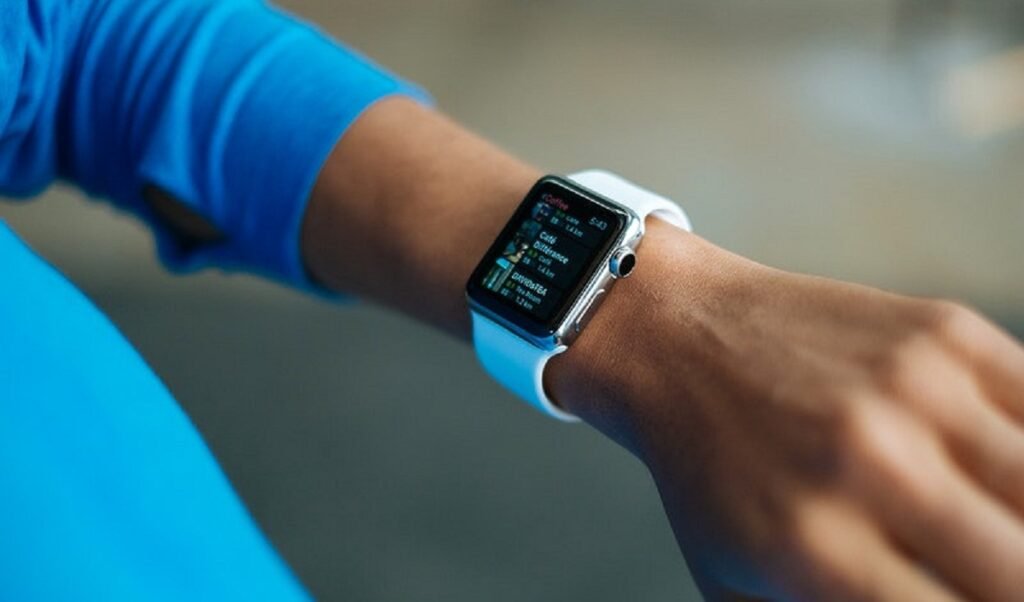Wearable technology has emerged as a pivotal player in transforming patient engagement. These devices, ranging from fitness trackers to advanced health monitors, are not just gadgets for the tech-savvy. They are powerful tools that are reshaping how individuals interact with their health data and how healthcare providers deliver care.
The Rise of Wearable Health Technology
Wearable technology has seen a meteoric rise in popularity over the past few years. Devices like smartwatches, fitness bands, and health monitors have become ubiquitous, offering users an unprecedented level of insight into their health metrics. These gadgets track a wide array of data, including heart rate, sleep patterns, physical activity, and even blood oxygen levels. The real-time nature of this data collection is a game changer, providing immediate feedback that was once only available through medical appointments or specialized tests.
Empowering Patients Through Real-Time Health Data
One of the most significant impacts of wearable technology is its ability to empower patients. By providing real-time health data, these devices encourage individuals to take an active role in monitoring their health. This constant stream of information makes health management more accessible and less intimidating. For instance, someone with a heart condition can monitor their heart rate throughout the day, understanding what activities might trigger irregularities. Similarly, individuals trying to improve their physical fitness can track their progress and set achievable goals based on the data from their devices.
Enhancing Patient Engagement and Accountability
Wearable technology fosters a sense of accountability and engagement in users. When patients can see the immediate effects of their lifestyle choices, they are more likely to make positive changes. For example, seeing the number of steps taken in a day or the quality of sleep achieved can motivate an individual to increase their physical activity or adopt better sleep habits. This heightened awareness and engagement can lead to significant improvements in overall health and well-being.
Integrating Wearable Data into Personalized Healthcare
The potential of wearable technology extends beyond individual use. Healthcare providers are increasingly recognizing the value of integrating data from these devices into personalized care plans. This integration allows for a more holistic view of a patient’s health, taking into account daily activities and fluctuations that might not be evident during a traditional medical appointment. For instance, a doctor can use data from a patient’s fitness tracker to tailor a cardiovascular rehabilitation program, ensuring it aligns with the patient’s actual physical activity levels.
Challenges and Considerations
Despite the benefits, the integration of wearable technology into healthcare is not without challenges. Data privacy and security are paramount concerns, as sensitive health information is collected and transmitted. Ensuring the accuracy and reliability of the data is also crucial, as healthcare decisions may be based on this information. Additionally, there is a need to address disparities in access to these technologies, ensuring that all patients, regardless of socioeconomic status, can benefit from these advancements.
The Future of Wearable Technology in Healthcare
Looking ahead, the role of wearable technology in healthcare is poised for further growth and innovation. Advances in sensor technology and data analytics will likely lead to even more sophisticated health monitoring capabilities. We may see the development of wearables capable of detecting a broader range of health markers, potentially identifying health issues before they become symptomatic. The integration of artificial intelligence could also provide personalized health recommendations directly to the user, further enhancing patient engagement and preventive care.
Wearable technology is revolutionizing the way we approach health and wellness. By providing real-time health data, these devices empower individuals to take an active role in managing their health, while also offering healthcare providers valuable insights for personalized care. As the technology continues to evolve, its potential to enhance patient engagement and transform healthcare is boundless. Embracing this technology not only benefits individual health but also signifies a step forward in the journey towards a more proactive and personalized healthcare system.


An exceptional analysis of the evolving role of wearable technology in redefining patient engagement and care delivery. Your article insightfully articulates how continuous biometric monitoring and data interoperability are not only empowering patients but also enabling clinicians to implement more precise, preventive, and personalized interventions. The emphasis on integrating wearables into broader digital health ecosystems reflects a sophisticated understanding of the shift toward value-based care. Thank you for this well-researched and forward-looking piece—eager to read more of your thought leadership in this space.